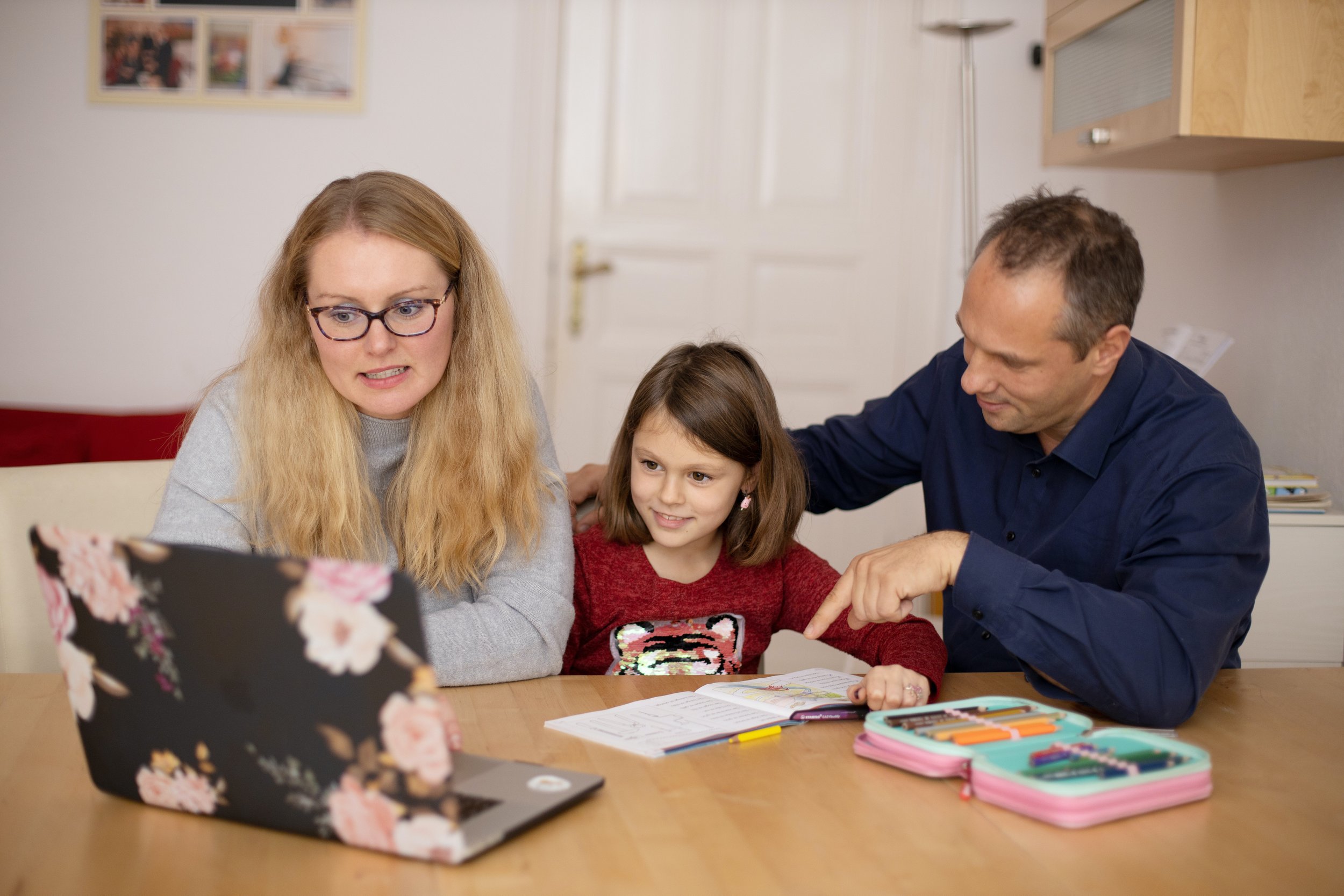Embrace Technology to Support Executive Functioning
A new school year can send anxiety through the roof and highlight challenges in Executive Functioning (EF) for students and parents with ADHD.
As a Maryland therapist specializing in child, adolescent, and family practice, I understand that the back-to-school season can bring a mix of excitement and stress for both parents and children. In today's digital age, technology and readily available resources can be valuable tools to help make this transition smoother. In this blog post, we'll explore some practical parenting solutions for back-to-school time, leveraging easy-to-access technology and resources.
Online Apps and Resources for ADHD Families:
Scheduling and organization tools
One of the greatest challenges for parents during the school year is keeping track of hectic schedules. Fortunately, there are numerous online tools and apps designed to simplify this task. Popular calendar apps or online family planners like Google Calendar, Cozi, or Any.do. Encourage parents to input important dates, such as school events, parent-teacher conferences, and extracurricular activities, to stay organized and reduce last-minute surprises.
Homework and study apps
For parents dealing with children who struggle with executive functioning or attention issues, homework and study apps can be lifesavers. Apps like Khan Academy, Quizlet, MathXL, or Duolingo to make learning engaging and interactive. These resources not only assist with homework but also provide educational support and practice outside the classroom.
Parent-teacher communication portals
Many schools have adopted digital communication platforms that enable parents to stay in touch with teachers and monitor their child's progress. Encourage parents to regularly check these portals for updates on assignments, grades, and any concerns raised by the teacher. Effective communication with educators is crucial for a child's success.
A tip for parents who have ADHD themselves
If you find checking these apps overwhelming, try our strategy for making it manageable.
Virtual tutoring services can support students with executive function challenges
If a child is struggling academically, virtual tutoring services can be a fantastic resource. Explore online tutoring platforms such as Khan Academy, Chegg Tutors, or Varsity Tutors. These services often offer personalized learning plans tailored to a child's specific needs.
Stress reduction and mindfulness apps can keep anxiety under control
The practice of self-care and mindfulness is important in addressing anxiety and stress in children (and adults). Mindfulness and relaxation apps like Headspace or Calm help manage anxiety during the school year. These apps often provide guided meditation and relaxation exercises suitable for kids and adolescents (and parents too).
Parenting support groups for parents of anxious kids can help
At Better Together Family Therapy all of our therapists are trained in SPACE (Supportive Parenting for Anxious Childhood Emotions) and often run this evidence based practice as a group. We also encourage parents to ask about other parent support groups and resources. Find out about our latest parenting groups here.
By leveraging online scheduling tools, homework apps, communication portals, tutoring services, stress reduction resources, and support groups, parents can navigate the school year with confidence and ease.
In today's digital age, technology and readily available resources can be valuable assets for parents during the back-to-school season. Many of these apps and resources have been vetted and utilized by our own providers or other industry experts.
Want to learn more about parenting, neurodivergence or anxiety? Subscribe to our newsletter.
This post was written by Sonja Chestnut LCSW-C, a licensed therapist with more than 20 years experience helping parents, children, teens, and families discover their ADHD superpowers. Sonja treats adults, children, and teens at Better Together Family Therapy in Kensington, Maryland.


